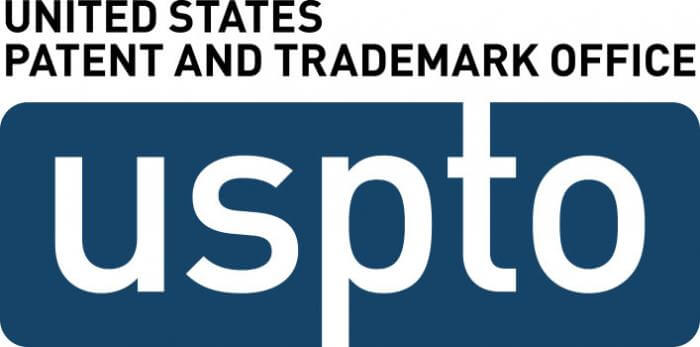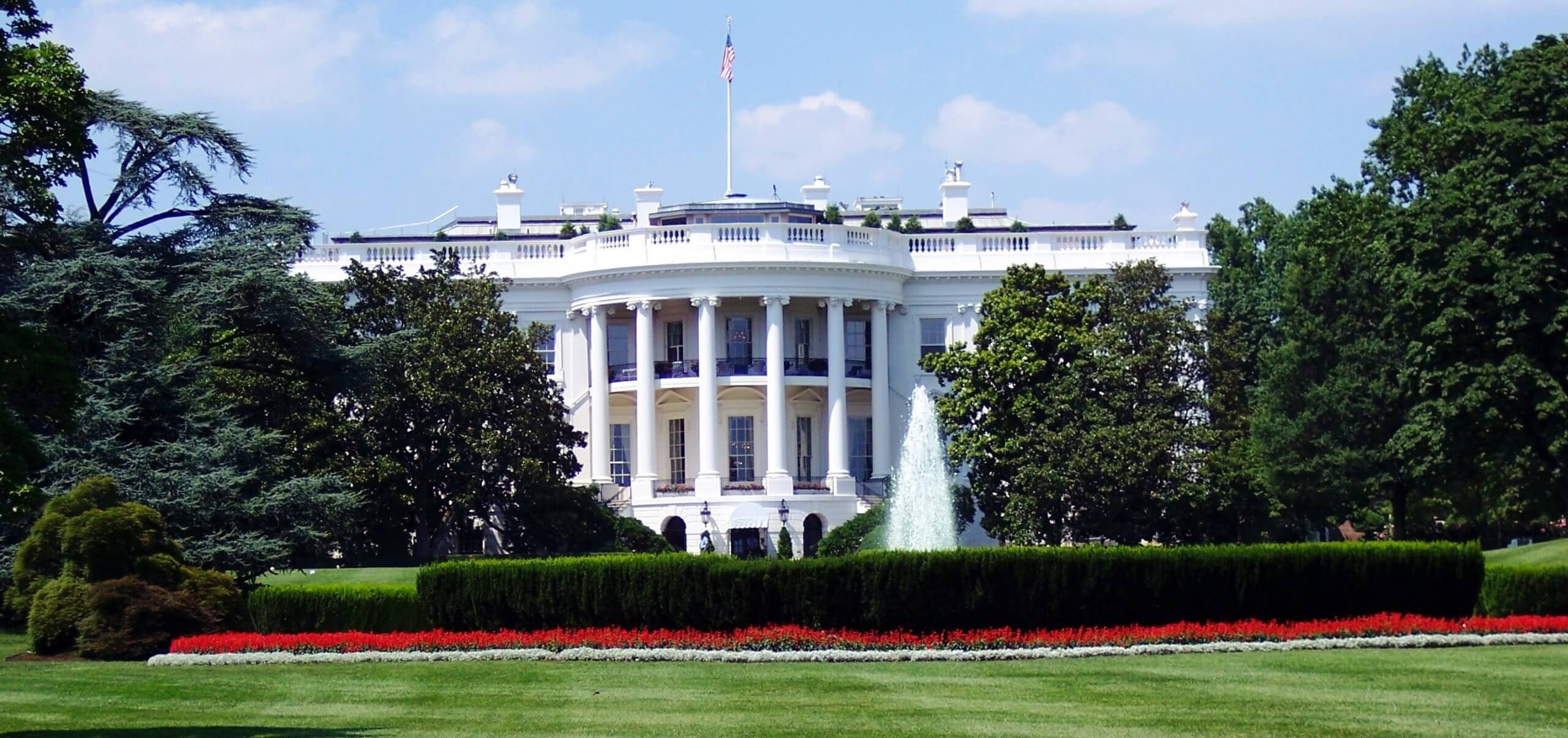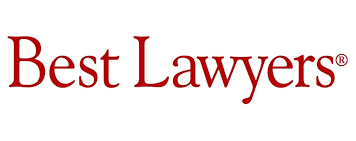USPTO Filed for Trademark Protection on its Own Logos to Protect Trademark Applicants
Takeaway: If you receive a notice about any necessary trademark fees, contact your trademark attorney, as not all notices may be legitimate.

In an interesting move, the United States Patent and Trademark Office (USPTO) has apparently filed for trademark protection for its own logos. The reason is that there are a significant number of fraudsters out there who send trademark applicants (even if represented by counsel) bogus notices of fees due, or even semi-accurate notices that trademark renewal fees are coming due.
In fact, on its website here, the USPTO maintains a list of some of the fraudsters. The website also has a substantial amount of information about such issues to protect unwitting applicants. In an attempt to protect applicants and owners of U.S. trademarks, the USPTO wants full protection for its logos.
It is incredibly important to note, if you are a trademark applicant, even if you are represented by counsel, if you receive a notice about renewal fees or other fees that are allegedly due, contact your trademark attorney promptly. Do not assume the solicitation is legitimate.
Photo Credit: www. commerce. gov /images/us-patent-and-trademark-office-uspto-logo
Patent Owner Sues Former USPTO Officials for ‘Improperly Stacking the Deck’ Against Him
Takeaway: The USPTO’s behavior is looking suspicious after a former Head of Patents for Google assists in invalidating patents that Google was allegedly infringing.

Patent owner Martin David Hoyle filed suit on behalf of himself and his company, B. E. Technology, against the USPTO and several of its officials for allegedly depriving him and his company of their intellectual property and constitutional rights. The plaintiffs allege that the deck was stacked against them and in favor of their opponents relating to two of their patents. Both patents are related to gathering online data for targeted user experiences.
In 2006-2007, Google filed and abandoned several patent applications that were rejected due to similarities with Hoyle’s existing patents. At the time, Michelle Lee was Head of Patents and Patent Strategy at Google. In 2007, Hoyle discovered that Google, along with other tech companies, had been infringing his patents and using the targeted technology.
In 2012, Hoyle filed patent infringement suits against them. Also in 2012, the former Head of Patents at Google, Michelle Lee, became the Director of the USPTO’s office in Silicon Valley. Eventually she became Deputy Under Secretary of Commerce for Intellectual Property and Deputy Director of the USPTO. Within that same year, the PTAB issued decisions in seven separate inter partes review (IPR) proceedings that Google and the other companies filed against B.E. Technology to invalidate the patents, ultimately invalidating them as anticipated by and/or obvious in all of the IPRs.
Essentially, the complaint, seeking an unspecified amount of damages, stated that several factors “amount to a particularly clear and egregious violation of Plaintiffs’ rights and leave no room for debate as to the unconstitutionality of those proceedings.”
Supreme Court Limits Assignor Estoppel Allowing Inventors More Opportunity to Challenge the Validity of Patents They Assigned to Another
Takeaway: Consider revising employment agreements to obligate employees to execute a future assignment to transfer patent ownership rights to a company rather than having the employment agreement itself function as the transfer of patent ownership rights.
It is common practice for inventors to transfer their ownership rights to another (such as another person or a company) through a patent assignment. The assignment of rights from an employee to a company is typical where the employee has developed an invention on company time, using company resources, or in the course of the employee’s typical duties at the company.
In some situations, an employee, after developing an invention for a company, may move to or start a competing company. In such a situation, the employee may find that the patent he or she assigned to the first company limits the competing company’s activities. As such, the now former employee of the first company may want to attempt to invalidate the patent that he or she developed and assigned to the first company. Once an inventor transfers his or her rights to another, however, the inventor is generally precluded from asserting that the patent assigned is invalid. This doctrine is referred to as assignor estoppel.
In a recent Supreme Court case, Minerva Surgical Inc. v. Hologic Inc., the doctrine of assignor estoppel was limited. The Supreme Court identified three scenarios in which the assignor estoppel may not apply, and therefore, the inventor could attempt to invalidate his or her own patent that was assigned away.
The first example involves a common employment agreement in which employees assign away any patent rights to future inventions to their employer. Because the employees, at the time of signing the employment agreement, do not know the scope of the invention they are assigning away, the employees cannot know at that time whether said patent is valid. As such, under Minerva v. Hologic, those employees, should they wish to challenge the patent they assigned to their company, may still be able to challenge the validity of the patent.
Therefore, companies may wish to revisit their employment agreement to determine whether any future invention developed by an employee is automatically assigned to the company or whether the employee is obligated to execute any patent assignment in the future after the patent application has been prepared and reviewed by the employee. In addition, it could be helpful to the company if the assignment has language in which the employee/inventor warrants that he or she believes the scope of the claims as-filed in the patent application is valid.
The other two examples in which assignor estoppel may not apply are where there are changes in the law in which a valid patent may become invalid and where the scope of the invention broadens after the assignment has been made, for example, during prosecution of the patent application or in a subsequent, related application (i.e. continuation, divisional, or continuation-in-part). For the latter, a company should consider having the employee/inventor sign a new assignment whenever the scope of the claims of the patent application are broadened.
Cybersecurity Meeting at the White House
Takeaway: Biden calls companies to prioritize cybersecurity and its critical role in defending the United States against major cyber attacks.

On August 25, 2021, President Biden met with Apple CEO Tim Cook, Amazon CEO Andy Jassy, and other CEOs of prominent technology, finance, insurance, and energy companies to discuss improving the nation’s cybersecurity. The goals of this meeting were to secure commitments to prioritize cybersecurity from some of the biggest companies, to convince critical sectors to upgrade their systems, and to create new cybersecurity jobs.
This meeting comes after the Colonial Pipeline attack and the President’s promises to increase the Nation’s overall cybersecurity. Biden raised concerns about the shortage of cybersecurity professionals and also highlighted the key role private companies have to play in defending the United States against major cyberattacks.
A Lack of Cybersecurity Awareness in Our Youth
Takeaway: Generation Z, over other generations, is increasingly falling victim to cyber crimes at a rate of over 150% over the last few years.
A recent study has found that individuals aged 20 and younger are increasingly falling victim to cyber-related crimes. According to a study by Social Catfish, the rate at which our younger population has fallen victim to these crimes has increased at an outstanding rate of over 150% over the last few years.
One theory for this could be their increased use of the Internet compared to other age groups and also a lack of education pertaining to cybercriminals. Generation Z is also thought to be more trusting of strangers on the Internet compared to older generations, including Millennials.
It is recommended that parents educate their children about the dangers of the Internet, including online shopping scams, influencer scams, etc. This is a reminder that when something seems too good to be true, it usually is.
Cislo & Thomas LLP Spotlight
Partner Jeffrey G. Sheldon Honored in Best Lawyers in America 2020 Edition Awards
Congratulations to Jeffrey G. Sheldon, Esq. on his inclusion in the 28th Edition of The Best Lawyers in America for his work in IP Litigation, Patent Litigation, Patent Law and Trademark Law. Great work, Jeff!

Enjoy keeping up with IP news?



